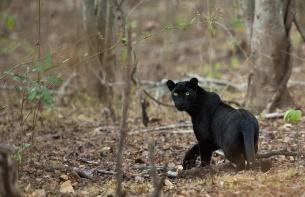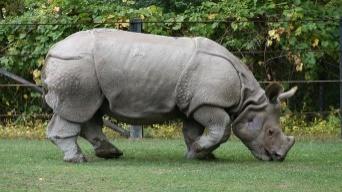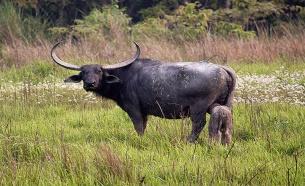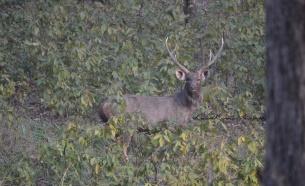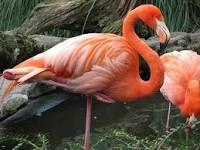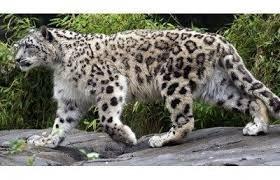Today we are going to read a website to find out more about wildlife in India
Создайте Ваш сайт учителя Видеоуроки Олимпиады Вебинары для учителей
Living things. Wildlife in India
Вы уже знаете о суперспособностях современного учителя?
Тратить минимум сил на подготовку и проведение уроков.
Быстро и объективно проверять знания учащихся.
Сделать изучение нового материала максимально понятным.
Избавить себя от подбора заданий и их проверки после уроков.
Наладить дисциплину на своих уроках.
Получить возможность работать творчески.
Просмотр содержимого документа
«Living things. Wildlife in India»
Полезное для учителя
Распродажа видеоуроков!
2160 руб.
3080 руб.
1860 руб.
2660 руб.
1860 руб.
2660 руб.
1970 руб.
2820 руб.
ПОЛУЧИТЕ СВИДЕТЕЛЬСТВО МГНОВЕННО
* Свидетельство о публикации выдается БЕСПЛАТНО, СРАЗУ же после добавления Вами Вашей работы на сайт
Удобный поиск материалов для учителей
Проверка свидетельства
